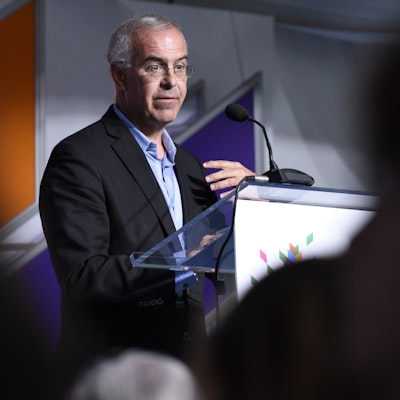
The most important things in life are not learned; they’re experienced.
Show Notes
What if you examined your life in the context of all of its stages? The annunciation and initiation phases in your youth and young adulthood are full of discovery and learning. Then, the odyssey years in your twenties bring wandering and loneliness and lead to a commitment-making phase in your thirties. David Brooks, author and New York Times op-ed columnist, says life’s mountains and valleys shape who we are and eventually lead us to a “second mountain.” This phase, later in life, often results in a feeling of true peace and happiness. In this lecture, Brooks uses examples from his own life and of others who encountered challenges along the way, like biologist E.O. Wilson, Russian writer Leo Tolstoy, and Holocaust survivor Viktor Frankl.
Speakers
Learn More
Additional Information
Resources
Explore
Related episodes


How well you handle difficulty may determine how happy and healthy you are later in life.


Can people be nudged to make the right decisions?


New York Times columnist David Brooks explores a life well lived. In this episode he examines happiness and commitments.


The average American spends a third of his or her life working.


Kate Bowler and Elaine Pagels both write about religion and have experienced immense hardships.







